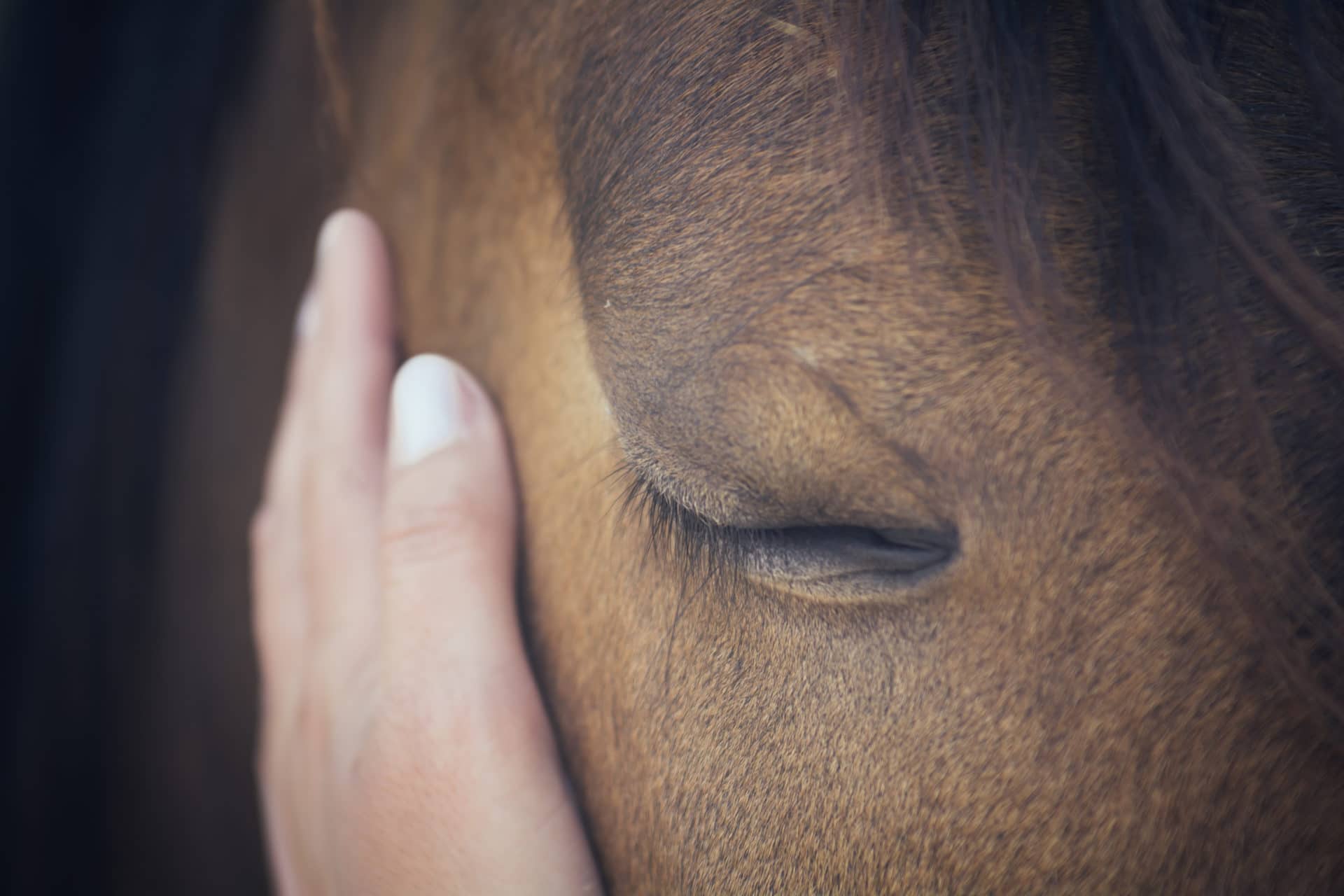Just like humans, horses can suffer from anemia. This causes fatigue and a decrease in the horse’s performance. However, the causes of anemia in horses can be varied, so it is important to identify it before treating it properly.
What is anemia in horses?
Anemia is a decrease (or destruction) of the number of red blood cells in the blood. Red blood cells contain hemoglobin, a protein that transports oxygen to all cells in the horse’s body. With less oxygen available, the cells struggle to produce the effort the horse needs, resulting in fatigue as the main symptom.
In the case of moderate anemia, a decrease in fitness and performance and a higher than usual heart rate during exercise are observed. In more severe cases, the mucous membranes will become very pale.
What are the causes?
There are several causes of anemia in horses.
First, anemia in horses can be related to a chronic infection, such as an abscess or pneumonia. When a horse has an infection, the bacteria grow by feeding on the iron in the blood. The horse’s body will fight the infection by retaining the iron to prevent it from being absorbed by the bacteria. In doing so, the synthesis of red blood cells cannot be done properly without this iron supply.
Secondly, anemia in horses can be caused by a parasitic infection (Lyme disease, piroplasmosis in horses), a bacterial infection (leptospirosis) or a virus. These infections weaken the red blood cells and cause their destruction.
In some rare cases, anemia can also be caused by external hemorrhage (trauma) or internal hemorrhage (rupture of blood vessels for example), chronic ulcers in the horse’s digestive system, chronic renal failure, autoimmune disease (Equine Infectious Anemia), or the ingestion of oxidizing plants that are toxic to the horse’s digestion (onions, leeks, shallots)
It should also be noted that iron deficiencies in horses are quite rare in their natural state, as forages are normally rich in iron. Therefore, anemia is almost always a symptom of another disease.
How to treat anemia in a horse?
In order to diagnose anemia, your veterinarian will take a blood sample. Once the cause of the anemia is found (parasitic infection, chronic, etc.), the veterinarian will suggest a treatment adapted to the horse’s illness. If it is an infection, the treatment will eradicate the anemia since the cause of the infection will have been treated, so there will be no need for a specific treatment for the anemia.
If your horse is recovering from severe blood loss, it can be supplemented with iron, which is usually combined with other horse vitamins and trace elements like vitamin B12. This supplementation will help the convalescing horse to get back into good shape more quickly. The best way to avoid any form of deficiency in your horse is to provide a balanced diet. Royal Horse feeds have been designed to meet all of the horse’s nutritional needs by providing a diet rich in proteins, vitamins, trace elements, antioxidants and pre/probiotics.



